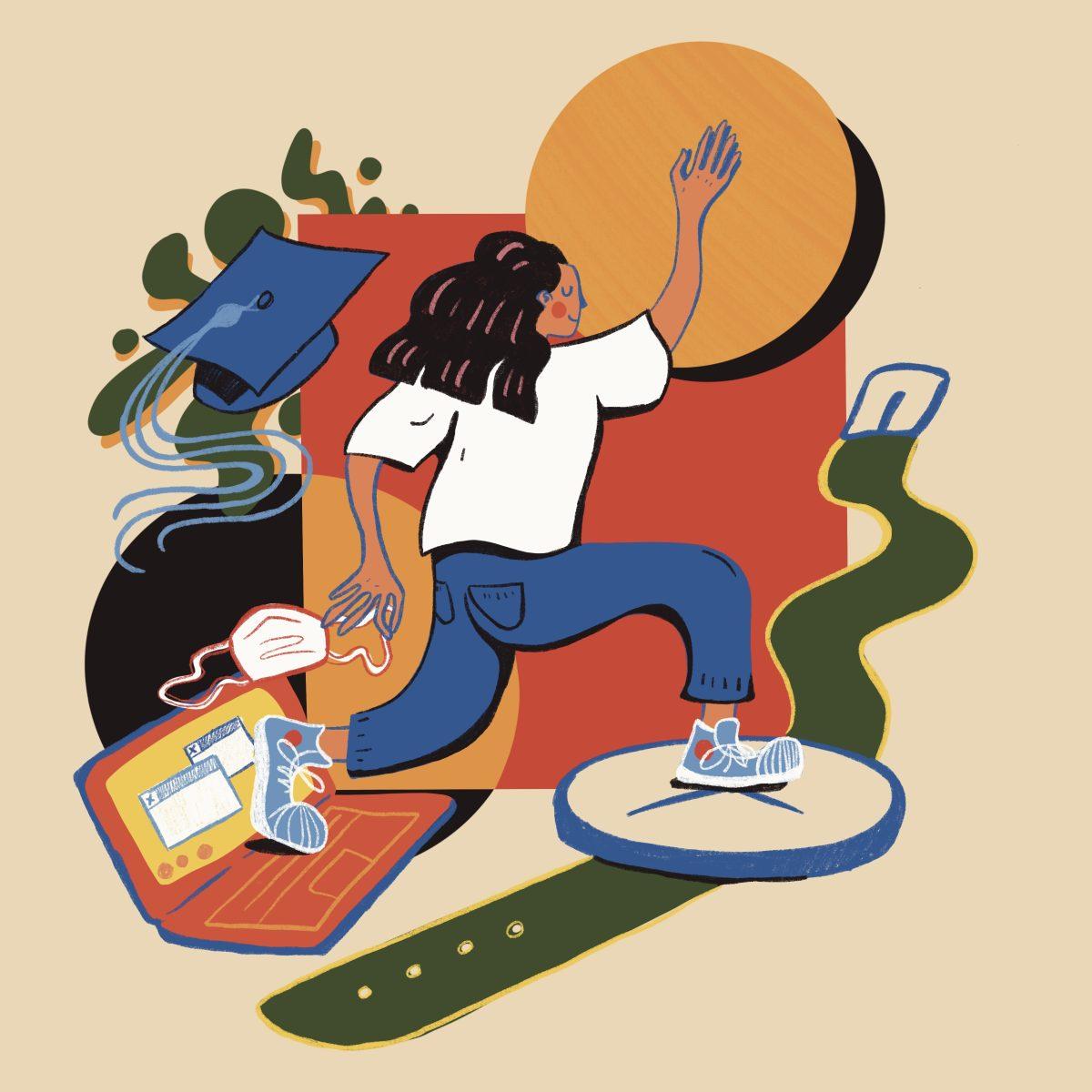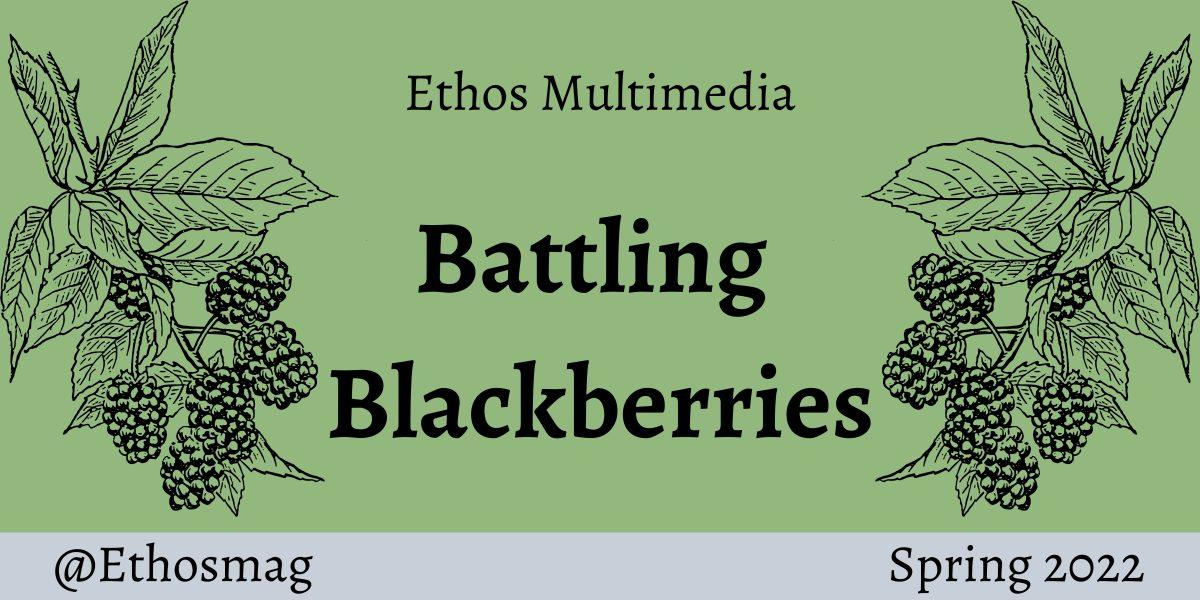Kevin Vinciguerra rode down 15th Street on his daily route to collect cans, his life belongings fastened to the back of his bike. He woke up alone that morning to the sun shining through the seams of the tent he’d pitched under the Washington-Jefferson Park footbridge.
Vinciguerra stopped at a familiar dumpster where he hoped he’d find empty cans. With no luck, he got back on his bike to continue his search.
Vinciguerra pedaled away feeling discouraged — until a group of University of Oregon students flagged him down and handed him trash bags full of cans.
Vinciguerra says the gesture meant more to him than an ordinary student might think.
“It surprised me. I didn’t expect it,” Vinciguerra says with tears welling behind his eyes. “They helped somebody they didn’t know.”
Vinciguerra is homeless, and for him and many others living on the streets in Eugene, acts of service from strangers sustain his basic needs and provide a sense of humanity.
“A lot of people want to do good. They just don’t know how or where to even start,” says Gabii LeGate, president of UO’s newly-established chapter of the Mustard Seed Project.
The Mustard Seed Project is a student-run nonprofit that helps homeless people access vital, sustainable resources in college towns. The organization planted its newest seed at UO, the first chapter established outside California. Eugene faces the highest rate of homelessness per capita of any city in the country, according to population data gathered in 2020 by the U.S. Department of Housing and Urban Development, and this chapter is striving to mobilize UO students this fall to help Eugene combat the homelessness crisis.
The Mustard Seed Project began as a small club at the University of California Riverside. Since then, it’s gathered over 200 student volunteers at six universities including the University of California San Diego, the University of California Santa Barbara and the University of California Irvine. Before the pandemic, the chapters would connect with over 200 homeless people a week, a number the organization hopes to exceed at its UO chapter.
Relying on donations, community fundraising and partnerships with local nonprofits, students in the Mustard Seed Project deliver necessities such as food, clothing and hygiene products to homeless people. But one person’s “basic needs” may look vastly different from another’s, and student volunteers are trained to work one-on-one with homeless people to help them access the resources and services they need to survive and eventually exit homelessness, according to several volunteers at the Mustard Seed Project.
Students in the Mustard Seed Project research and distribute resource guides that contain information about how to utilize local housing services, mental health clinics, substance abuse programs, food shelters and more. The chapters educate their communities about the many barriers homeless people face in accessing these kinds of resources.
“There are so many barriers: language barriers, ability-to-read barriers, access to traditional media channels, mental handicaps, physical handicaps,” says Rene Speer, a registration specialist at the Dining Room, a restaurant that works with Food for Lane County to provide free meals Monday through Thursday.
“For our diners, it’s really hard because most of them don’t have access to getting information,” Speer says. “We really try to get the word out.”
Speer says the Dining Room and other organizations serving those in need rely heavily on word-of-mouth to get information about their services to the homeless population.
Finding resources hadn’t been easy for Vinciguerra, who found out about the free meals and many other Eugene-based resources through word-of-mouth.
Speer says she is elated that a student-led organization is making an effort to connect with individuals often ostracized from the rhythms of a college town.
“It’s absolutely wonderful. Students reaching out would take the stigma off of saying ‘I need help’ for many people,” Speer says.
Chapter president LeGate, a senior at UO, seized her opportunity to create a hub for students looking to help when the founders of the Mustard Seed Project challenged her to create the Eugene chapter. Over the school year, she recruited a team of eight board members and six volunteers who have been fundraising on social media and receiving training in trauma-informed outreach to homeless people in preparation for the fall.
Mustard Seed Project founder Martin Arceo was a sophomore at UC Riverside in 2017 when he and a group of students started the small club that originally focused on making essential-needs packages for the homeless. Soon, he realized handing out packages wasn’t the sole way to make the difference he aimed to achieve.
“We were talking to folks and said ‘What do you think we can do to help you?’ ‘What do you need?’” says Arceo, who now works as a homeless case manager for a nonprofit in San Diego. “People were saying, ‘I need help with my resume,’ ‘I need help getting into a shelter,’ ‘I need help getting a job.’”
Listening to the underlying needs of homeless individuals led to the organization’s “hand-up, not hand-out” philosophy. In 2021, the volunteer-based organization raised over $20,000 that goes directly toward outreach and navigation operations designed to help homeless individuals.
Student volunteers at various university chapters have been able to supply “hand-ups” in the simplest forms from food and water to buying bus passes to job interviews. They’ve even provided a month’s rent here and there for families facing eviction or work supplies to prepare people for jobs.
Chapters have also helped homeless people build resumes, fill out applications for healthcare services and apply for new photo identification. The lack of those IDs can be one more barrier for those looking to access services.
“Hand-ups” provided through street outreach are vital and often overlooked, says Caitlin Strickland, a senior and a new Mustard Seed Project volunteer at UO. She has worked in housing and social services for the past two years with Square One Villages and Shelter Care, two housing nonprofits in Eugene. Before joining the Mustard Seed Project, she saw her homeless casework and her studies on campus as two separate lives.
“I hadn’t done a lot of street outreach, which I think is a huge need right now.I thought it was amazing that MSP was branching up here and that we could get more involved,” she says. “Resources and institutions who deal with housing can get caught in dealing with long-term projects while basic needs go unmet. It’s important to start at the ground to fix the most immediate day-to-day problems.”
A first-year UO student and a new Mustard Seed Project volunteer, Bailey Filley, recognizes the vast difference between the privilege of campus life and the reality for many on the streets surrounding it. Filley hopes the chapter can challenge students to rethink a certain narrative around homelessness in Eugene, which generations of students have nicknamed “The Dirty Eug.”
“I can’t help but feel like it’s because there’s such a large homeless population. While I do love UO, we’re college kids and a lot of people have yet to recognize their privilege,” Filley says.
Strickland believes the creation of this chapter can be a magnet for greater student involvement.
“It coming from the university gives it the possibility of enlisting more students to help. That’s one of the reasons it’s important — to harness a greater number of people,” Strickland says. “The university is influential in Eugene. It’s a powerful institution, and I believe that efforts should be made from UO to deal with our community.”
The name of the Mustard Seed Project comes from the Parable of the Mustard Seed in the Bible, which talks about how a small mustard seed can turn into a large, bountiful tree, something similar to what the Mustard Seed Project hopes to accomplish in its fight against homelessness.
“Have you ever heard the term ‘one voice’?” Vinciguerra says. “One voice can start a landslide. It’s the same thing with help and resources for the homeless.”


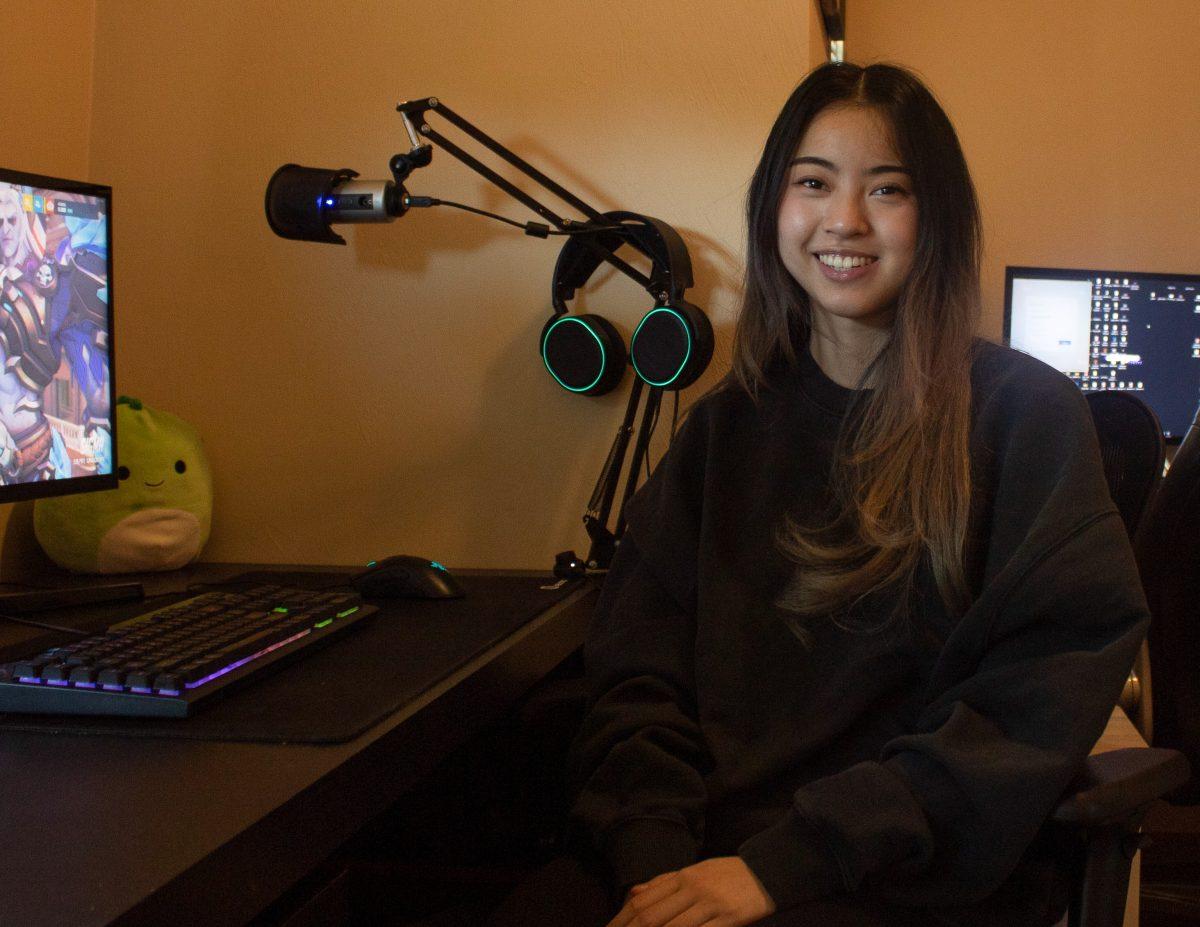
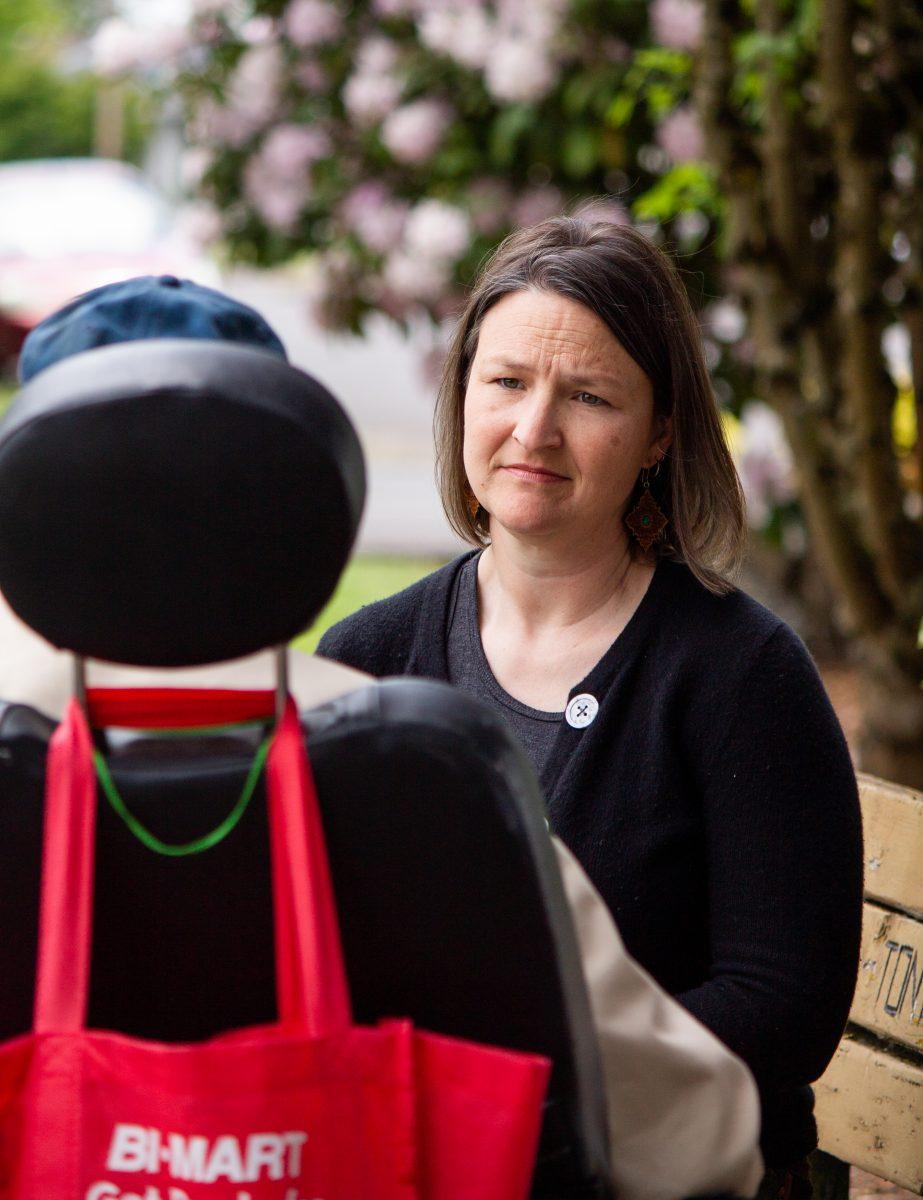
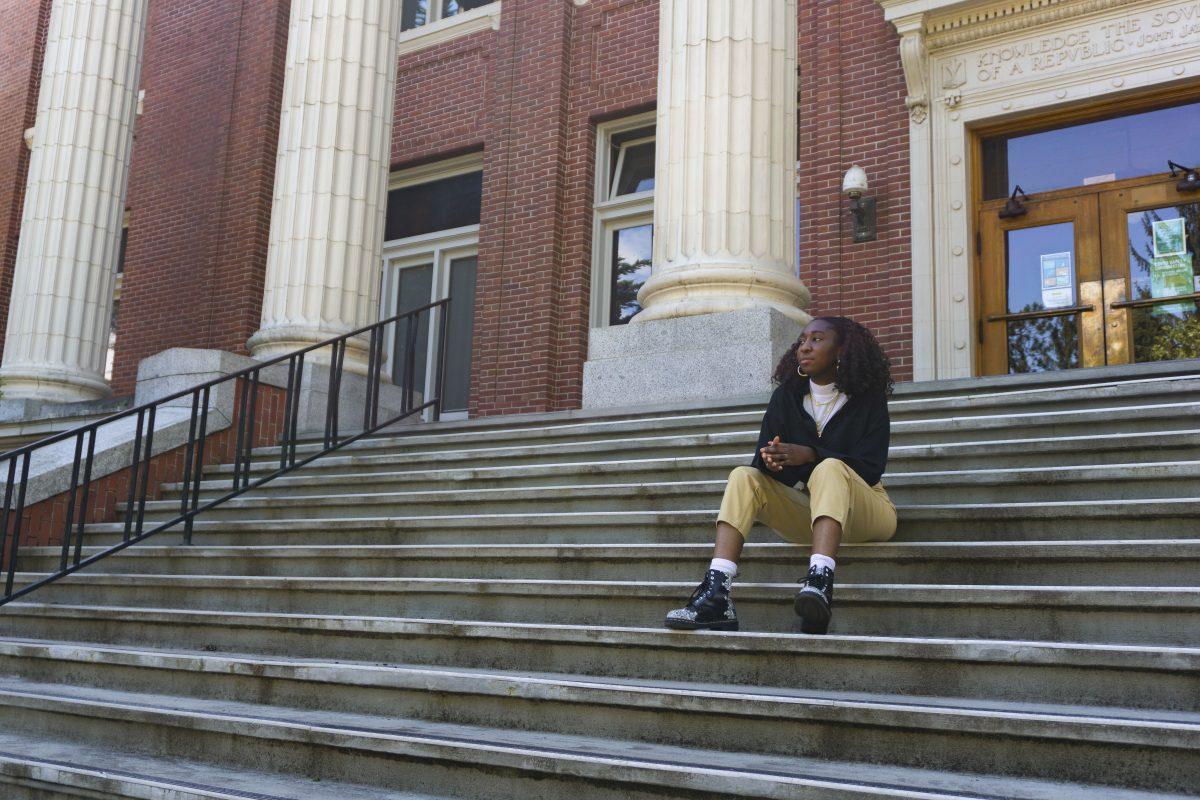
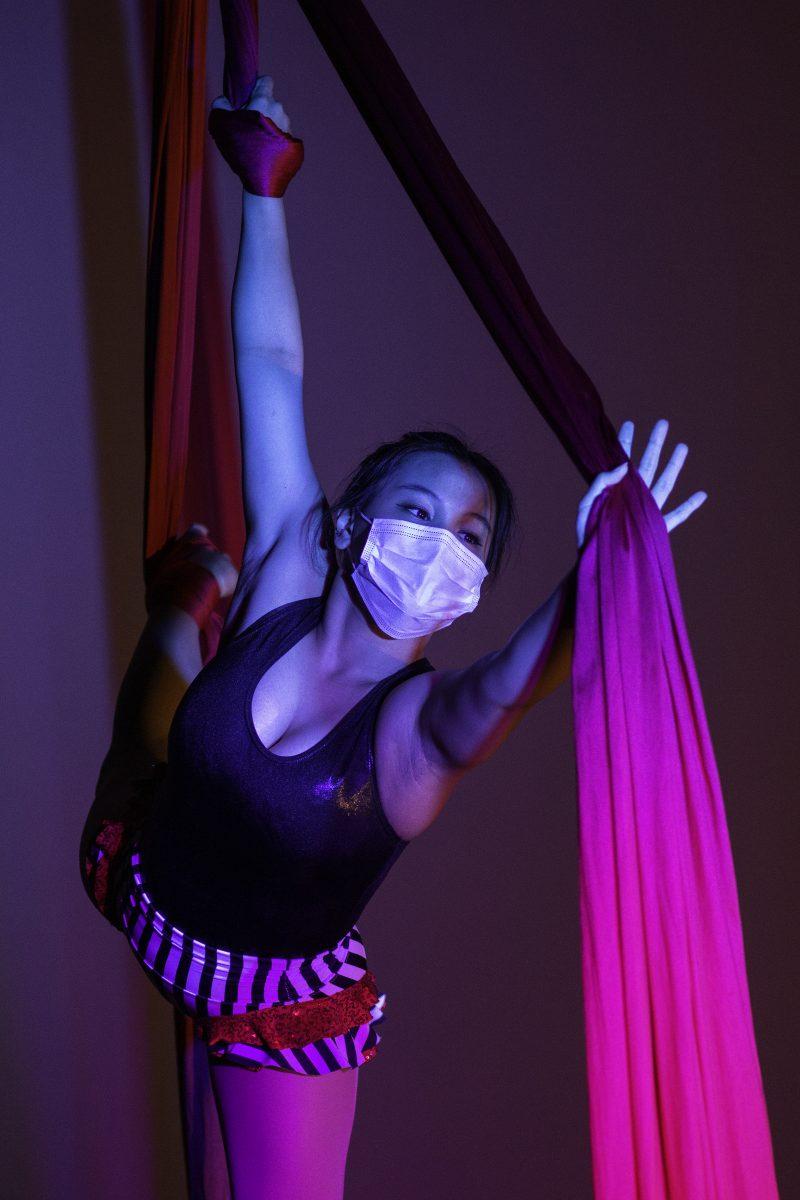
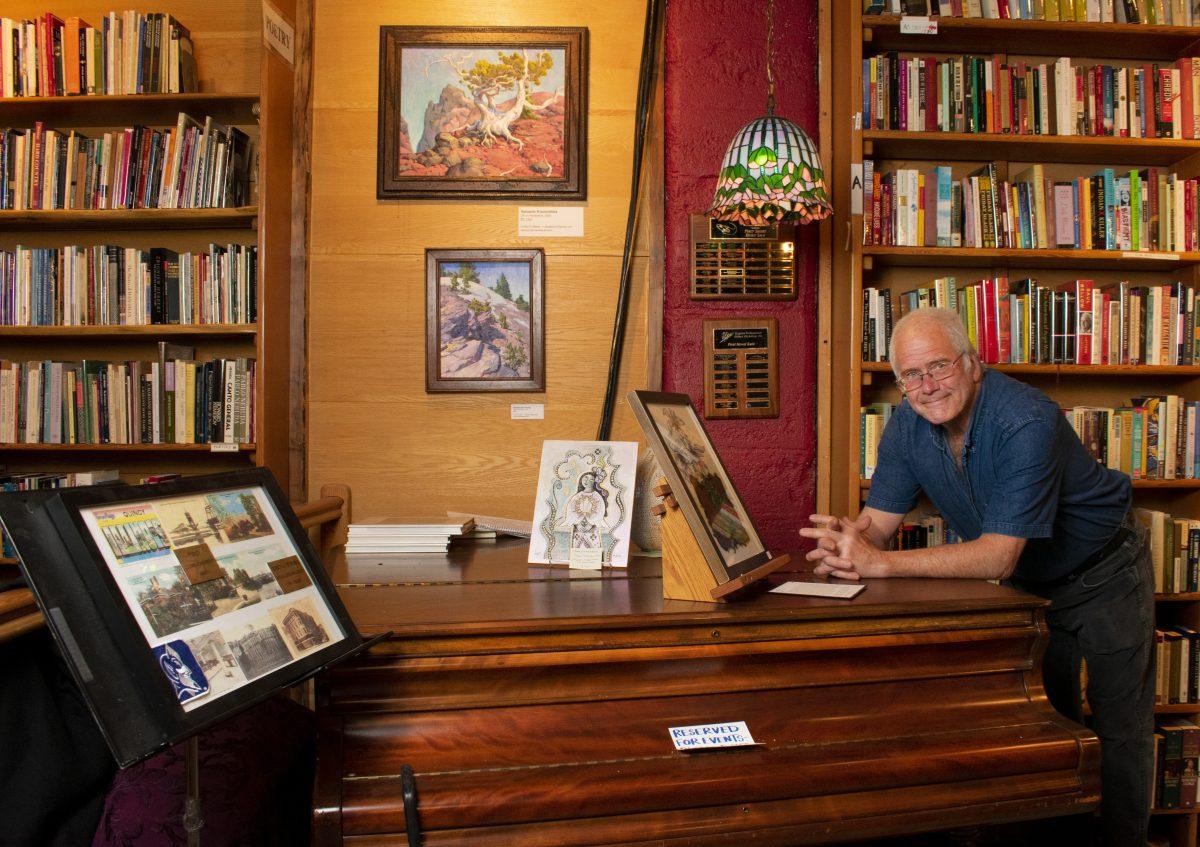


![[Photo Courtesy of the Lara Family]
Ruben embraces his beloved childhood goat, Katrina.](https://ethos.dailyemerald.com/wp-content/uploads/2025/05/katrina-1-1060x1200.jpg)



